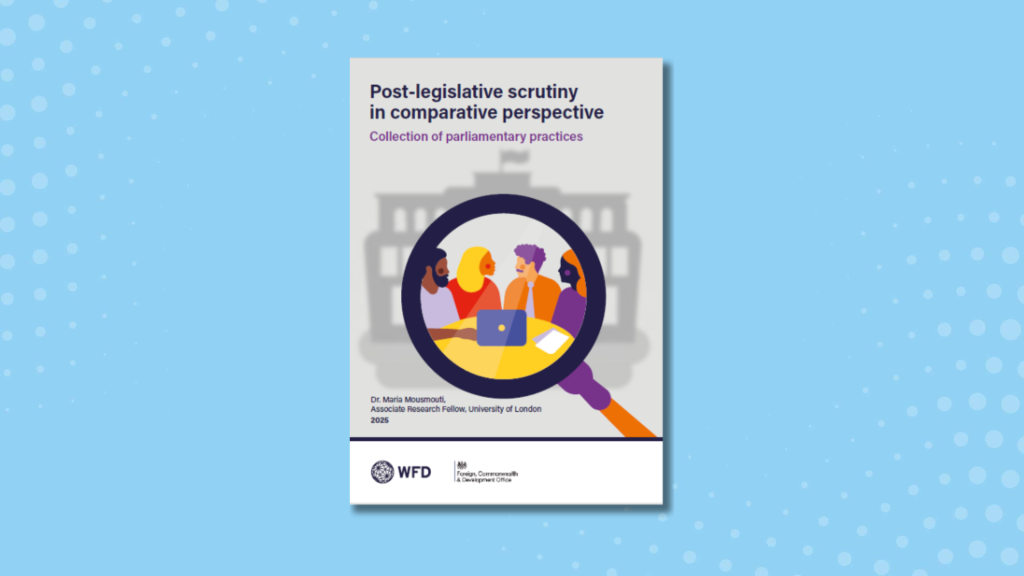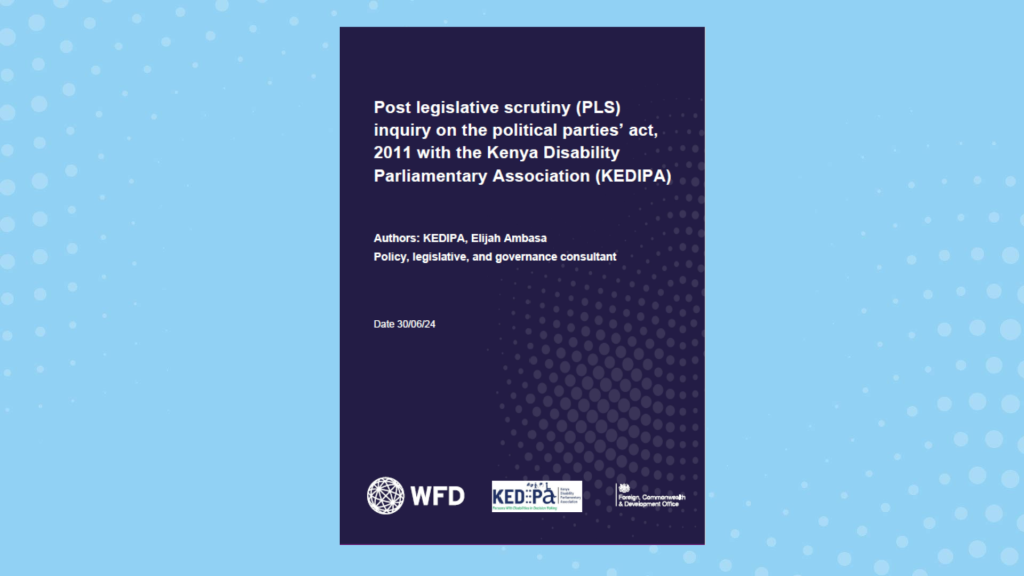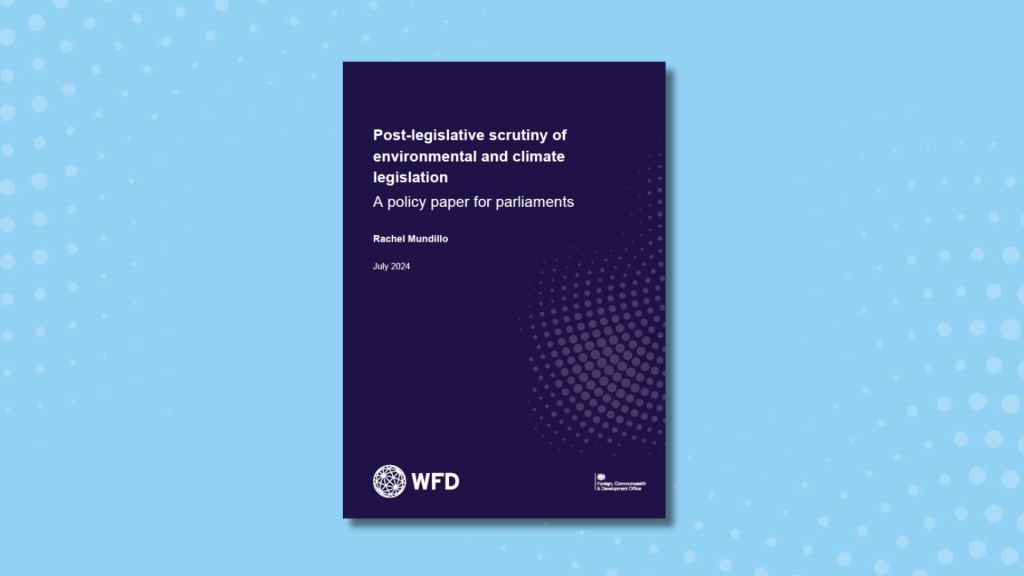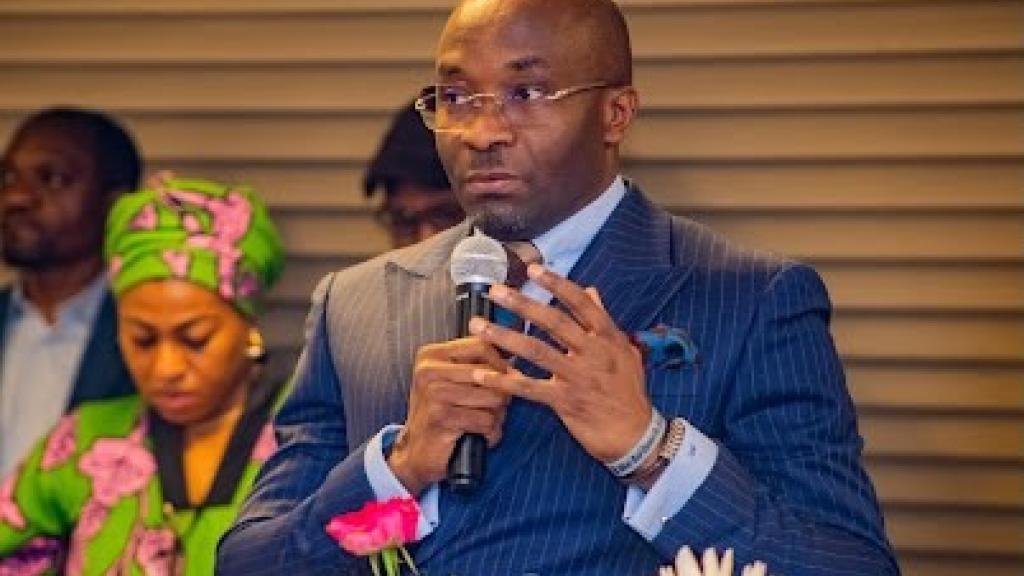Post-legislative scrutiny as a crucial tool in legislative practice in Nigeria
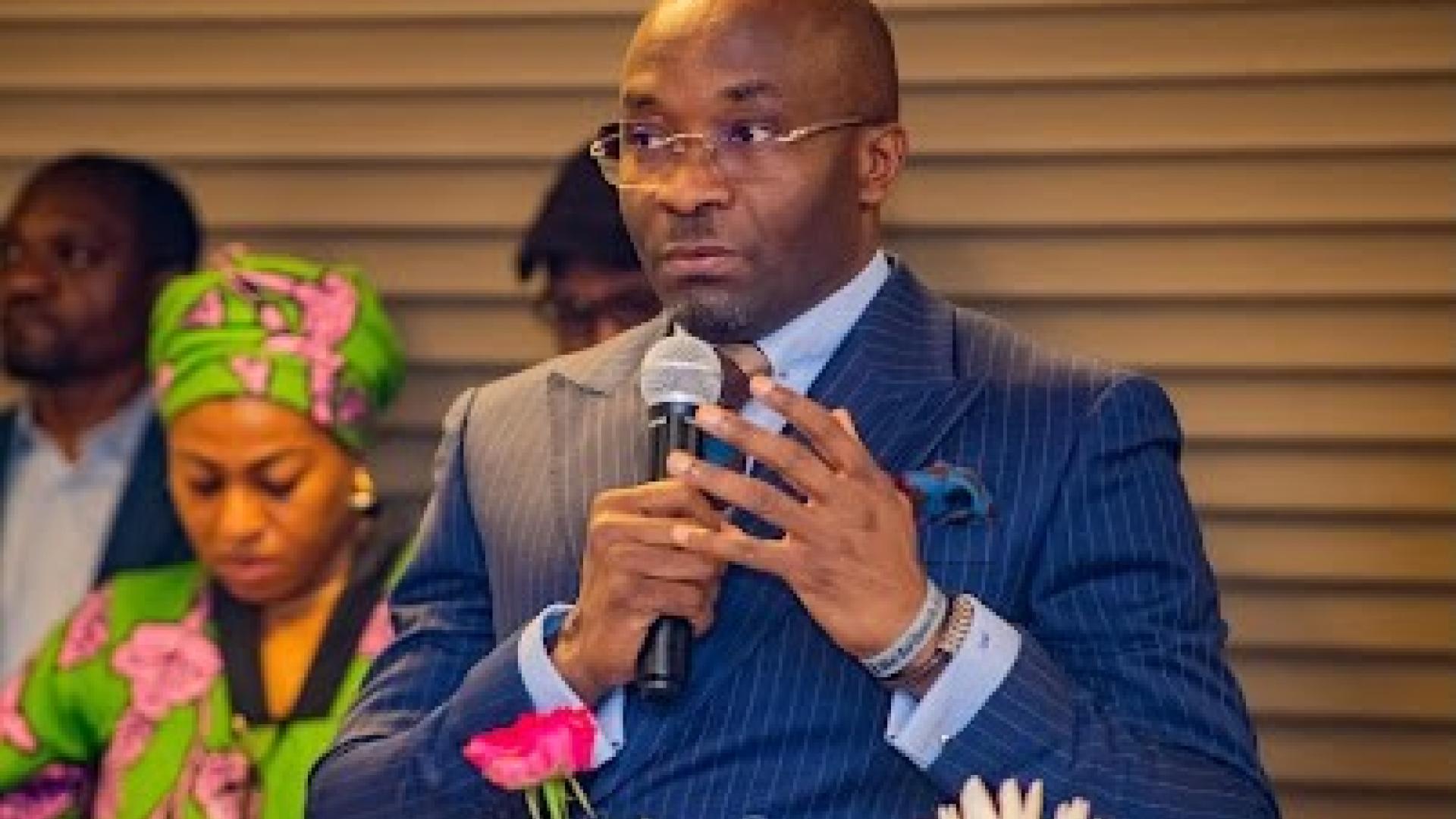
Nigeria’s presidential democracy is largely premised on the American model, with a bicameral parliament. The Senate, colloquially referred to as the Red Chamber, is conceived to reflect the equality of the 36 federating units known as states, to which three members each are elected. The Federal Capital Territory (FCT), autonomous from the states, contributes a single member. The House of Representatives (Green Chamber) is composed of representatives of the 360 federal constituencies delimited by population size; therefore, it is based on proportional representation.
Parliamentary practice in Nigeria is in the tenth cycle (2023-2027) and is relatively young compared to more advanced democracies and regarding the technical threshold for legislative praxis and the requisite support structures. The Nigerian Parliament is also characterised by a high turnover rate, with only a fraction of serving legislators returned after general elections. In the current Assembly, 250 of the 360 members of the House of Representatives are first-term legislators; in the Senate, there are 77 new members of 109, representing a turnover of 70% and 71% in the Green and Red Chambers respectively. While this indicates a vibrant democratic setting and competitive elections, it also means that capacity for legislation and oversight is particularly low, imposing a greater imperative for training and retraining. The Deputy Speaker, who chairs the Constitution Review Committee of the House, notes that this issue is particularly evident in Constitutional Amendments, such as those pertaining to sectors like railways, electricity, and correctional services, aiming to facilitate state participation.
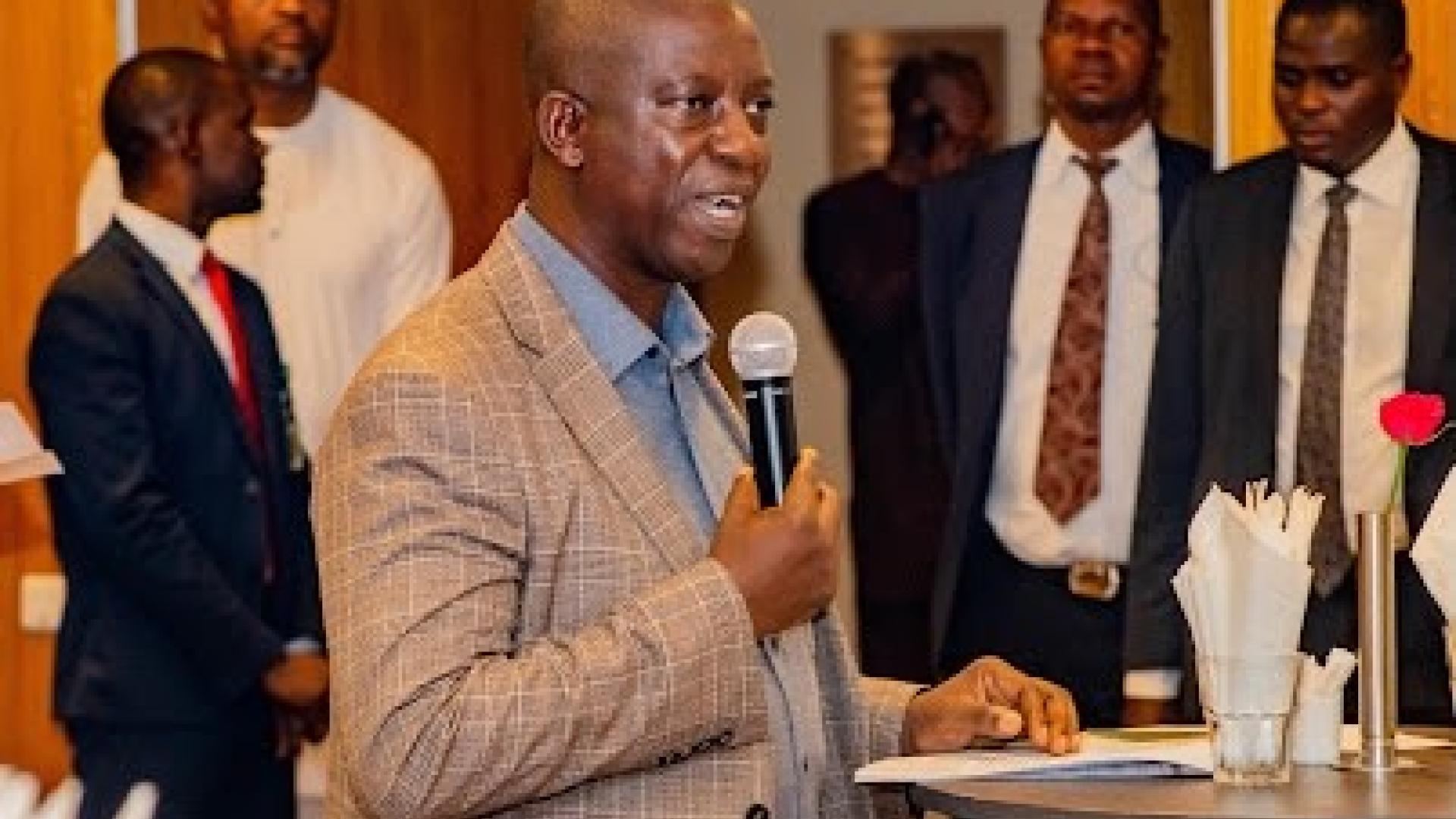
The National Institute for Legislative and Democratic Studies (NILDS), the only statutorily established institution in Nigeria for legislative capacity building and a think tank organ of Nigeria’s National Assembly, in conjunction with the Westminster Foundation for Democracy (WFD) and with generous funding by the Foreign and Commonwealth Development Office (FCDO), identified this structural lacuna in the legislative process. The organisations then pioneered a Post-Legislative Scrutiny (PLS) academy to support cohort of legislative aides, researchers, and National Assembly bureaucrats as they built their understanding and expertise in Post-Legislative Scrutiny (PLS). NILDS, benefitting from a close relationship to the National Assembly and legislators, advocated to the leadership of Parliament for the institutionalisation of PLS as a statutory legislative process. The Deputy Speaker has been receptive and committed to:
- The National Assembly would consider institutionalising PLS in Nigeria;
- The National Assembly would consider incorporating review clauses or sunset clauses in future legislation that will trigger PLS;
- The National Assembly is encouraged to include PLS reports periodically and especially at the beginning of the new Assembly to aid further legislative actions;
- The National Assembly will work with NILDS to ensure that courses on PLS should be included in orientation programs and inductions for new members;
- The National Assembly will work with NILDS, WFD, and other partners to increase the capacity of legislators and supporting staff to enhance the effectiveness and efficiency of PLS in both Houses;
- The National Assembly will henceforth be committed to making budgetary provisions for PLS activities in the country.
Rt. Honourable Kalu is particularly keen on applying PLS to several legislations, including some in his constituency of Bende in Abia State and the Disability Act as suggested by NILDS and WFD. With the enthusiasm of the Deputy Speaker for PLS as a legislative process, the Nigerian legislature looks set to assume greater efficiency and coherence as an effective law-making body.
This article is written by Adewale Aderemi, PhD, Director of Democracy and Governance at the National Institute for Legislative and Democratic Studies (NILDS) of the National Assembly of Nigeria.
